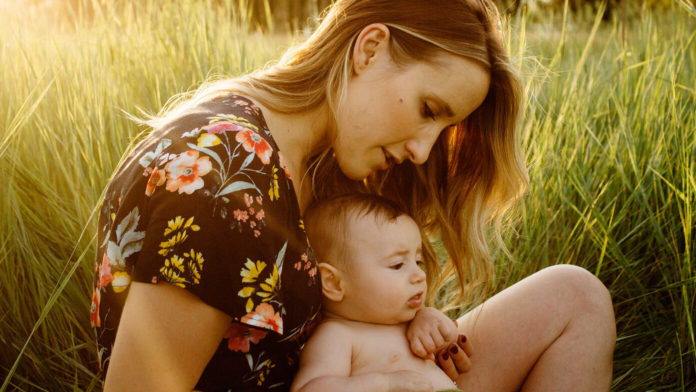Babies inherit a lot of things from their moms, including antibodies that help them ward off infectious diseases in the short term right after birth. Until now, scientists thought that maternal antibodies could protect against measles for at least the first six months of life. But a new study shows that isn’t true in places like Canada where measles is not endemic.
That leaves an alarming gap before the immune system is ready to respond effectively to vaccination.
Previous studies were conducted in countries where measles is still prevalent. In places like these, mothers often acquire immunity naturally by being infected, and not vaccinated. They are also continually exposed to the measles virus in their daily lives. That exposure repeatedly boosts their antibody levels, allowing them to pass more on to their newborns.
By contrast, in Canada even the measles vaccine is not an option as a booster for pregnant women because it contains live (but weakened) measles viruses. It’s one of the safest and most effective vaccines we have, but live vaccines are not currently recommended during pregnancy.
The new study, authored by researchers at the University of Toronto, the Hospital for Sick Children, and Public Health Ontario, measured the measles antibody concentrations in blood samples from 196 infants living in Toronto.
A fifth of the blood samples drawn within the first month of life did not contain high enough levels of measles antibodies to offer immunity. By two months, that gap increases to two thirds, and by six months all the babies had lost their measles immunity.
The measles vaccine is usually given at 12 months.
And the solution isn’t as simple as vaccinating earlier. Even when maternal antibody levels are too low to provide immunity, they can still interfere with vaccination. The weakened virus can easily be overtaken by low levels of antibodies, preventing viral reproduction that is required for the vaccine to work. What’s more, early vaccination can diminish the effectiveness of re-vaccination, so it’s only indicated if an infant is travelling abroad to high-risk countries.
Measles can be fatal, causing severe complications like pneumonia and encephalitis, and babies are at even higher risk than older children. That makes herd immunity particularly important for them, but it also prompts more questions about the best policies to move forward.
Knowing how quickly maternal antibodies clear from the bloodstream after birth, adjustments to the vaccination schedule may be warranted. More studies are also needed to evaluate whether vaccine effectiveness would be compromised, or what the optimal age would be. It may also make sense to revisit whether booster shots are safe for pregnant women, or whether they should be recommended for women hoping to conceive.
With vaccination rates dropping and measles rates rising, this is urgent work to protect the health of our youngest citizens.








































